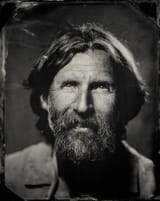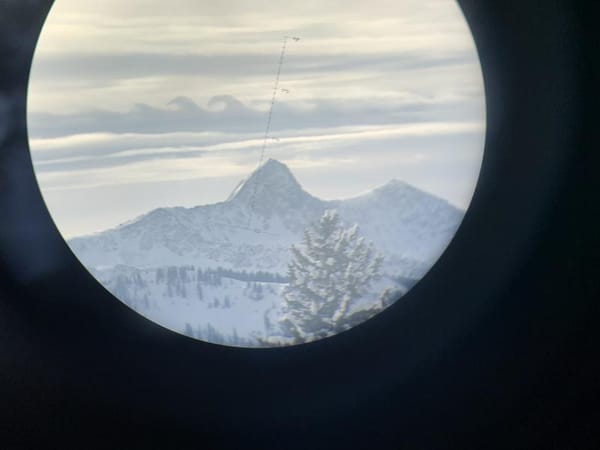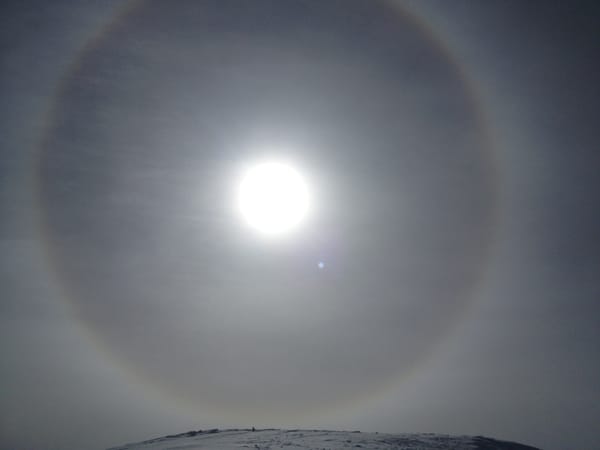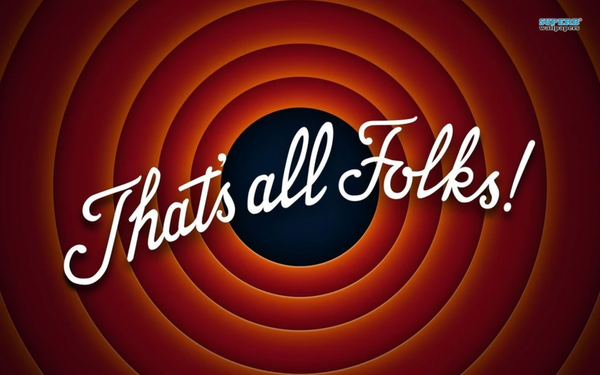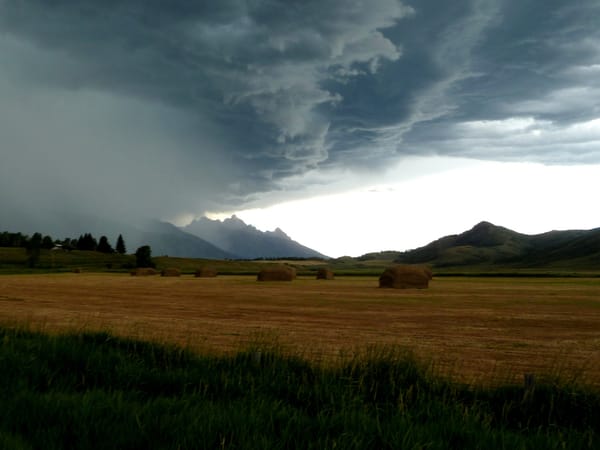Final Thoughts on Expertise

I have come to believe that expertise in a field is gained through many years of curiosity, reflection, and humility.
Curiosity about the world leads to the openness of possibility. Time and proper reflection can reveal powerful lessons (rather than what I’ve viewed as Hindsight 20/40). Humility helps us from tripping over our own ego. (This is a line between mastery and false mastery. Have you noticed a false master who rarely - if ever - asks questions, particularly of the novices or the new hires?) ~~~~~~~~~~~~~~~~~~~~~~~~~~~~~~~~~~~~~~~~~~~~~~~~~~~~~~~~~~~...And so I find it both puzzling and disorienting when I continue to come across arguments and studies that diminish experience, regarding it as something of a hindrance in judgment and decision-making and implying that novices are equally good at choosing the "right course of action" as experts. This may be true in limited arenas that are chaotic and non-logical (ie: the stock market).
We may be in an era where research on cognitive science and decision making theory has never been greater…and I applaud this effort by scientists and practitioners to help us understand failure patterns and “psychological traps” that lead to mistakes or tragedy. I used to joke that Sidney Dekker’s Field Guide to Understanding Human Error was littered with so many Drew Hardesty stories that it would make a good biography one day.

But read enough of the literature and you start to think that practitioners, particularly experts (masters) are terrible decision makers and prone to continued and systematic judgment errors.
And yet I would argue that there is a flaw in this line of thinking: It’s not true.
I broached the subject with another essay (and presentation) Is It Possible to Develop Expertise in the Avalanche World? The short answer is, It Depends.
The long answer is that there are various types of avalanche problems one might find in the mountains. Some will provide reliable and consistent feedback and some will not. With years of experience, the old hand will be able to know which is which. Problem A: proceed with caution….Problem B: proceed with extra caution or call All Stop…Problem C: “I’ve never seen this before…now I am not the expert…All Stop.The rookie is understandably lost, the 3rd year patroller perhaps unknowingly struggles with the Dunning-Kruger Effect (thanks ML) See below …and the 25 year veteran in the avalanche control office? She may get it wrong, but not often.

I worry that with all the emphasis on human error that we end up focusing on the exceptions and not the rule. As McCammon relayed to me in our last conversation - “Sure we make mistakes now and again, but compared to what?"
Again - Expertise in a field is gained through many years of curiosity, reflection, and humility. (I know this is a big ask). But consider the alternative: A world that has suffered the death of expertise is one run by ignorance, dogma, and superstition.
